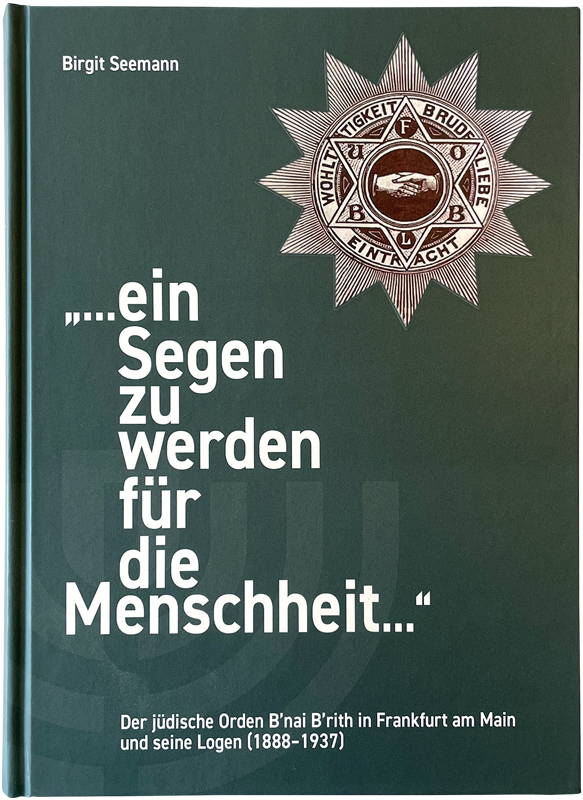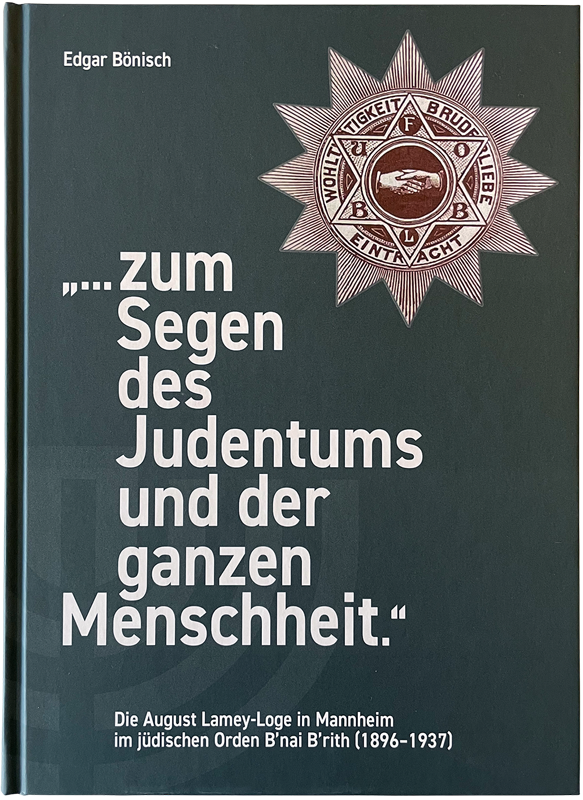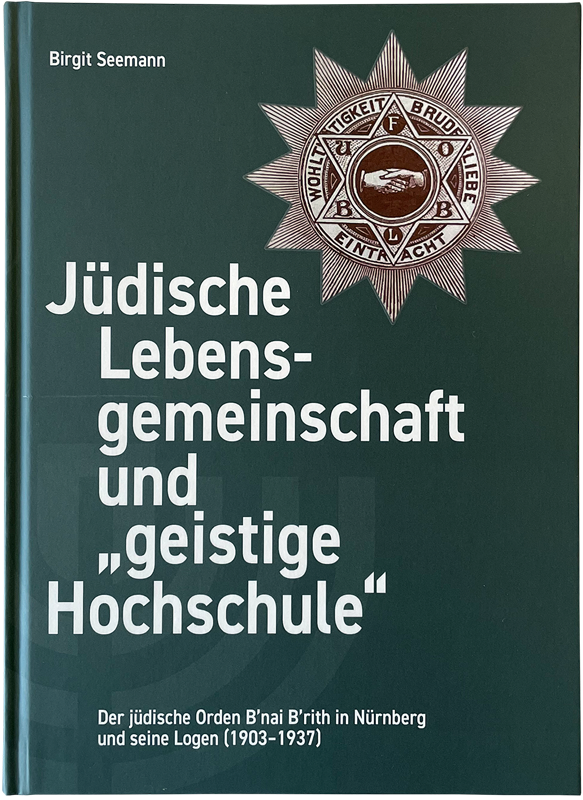-
"... to become a blessing
for mankind..." -
"... להפוך לברכה לאנושות..."
-
"... ein Segen zu werden
für die Menschheit..."
-
"... to become
a blessing for
mankind..." -
"... להפוך לברכה לאנושות..."
-
"... ein Segen
zu werden
für die
Menschheit..."
The Jewish Order B'nai B'rith in Frankfurt am Main, Mannheim and Nuremberg and its lodges (1888-1937)
"... to become a blessing for mankind, that is what the association of the Bne Briss strives for" - this universal concern was formulated in 1901 by the Frankfurt Lodge of the B'nai B'rith ("Sons of the Covenant" with God).
In Europe and worldwide, the order, today one of the largest Jewish non-governmental organizations, is committed to humanity and social justice (Zedaka), against anti-Semitism and racism.
Anyone researching the history of the German District, which was destroyed by the National Socialists in 1937, is entering uncharted territory: the Independent Order of Bne Briss (old spelling) comprised more than 100 individual lodges in many German cities until the Nazi ban in 1937; Rabbi Leo Baeck was the last Grand President.
The order co-founded today's Central Welfare Office of Jews in Germany, and its sister associations were part of the Jewish Women's Association and the German women's movement.
Under the common umbrella of the order's values of Zedaka, brotherly and sisterly love and unity/harmony, the lodges of the B'nai B'rith united different directions and promoted inner-Jewish cohesion. Their committed cultural work made a significant contribution to Jewish self-assertion during the Nazi era.
For the B'nai B'rith in Frankfurt am Main, the book on which the exhibition is based (available as an e-book) traces the history of the Frankfurt Lodge, the Hermann Cohen Lodge and the Marcus Horovitz Lodge for the first time in ten chapters with numerous illustrations.
The chronological arc spans from the founding in 1888 to pioneering social projects to the lodge home, projects of Jewish education, the diverse women's history, the commitment to Germany in the First World War, the upswing in the Weimar Republic (Franz Rosenzweig's Lehrhaus Kunst und Kultur), the cultural resistance to Nazi persecution, the B'nai B'rith as a "who's who" of the Frankfurt Jewish community and city history, and after the Shoah the reconstruction of the Frankfurt lodge as a "glorious and blessed Frankfurt Jewish tradition" (Paul Arnsberg).
As committed Frankfurt citizens, the lodge brothers and sisters contributed significantly to the reputation of their city. Their lodge home in Eschersheimer Landstraße was an impressive "Jewish Place" and at the same time a social center for the whole of Frankfurt.
In addition to renowned rabbis, the lodge was shaped by members of many different professions such as architects, doctors, artists, lawyers, educators, entrepreneurs and scientists.
Well-known members of the lodge include the philosophers Hermann Cohen and Franz Rosenzweig, the "father of labor law" Hugo Sinzheimer, the department store pioneer Hermann Wronker, the historian and first Bertha Pappenheim biographer Dora Edinger and the Impressionist Jakob Nussbaum. There are many more exciting biographies to discover in the book.
The Publications
All publications are available as free e-books (PDF downloads) on the respective book page.

Experience a piece of Jewish history.
The exhibition
The scientific work is available as a comprehensive exhibition. The history of the Jewish order B'nai B'rith in Frankfurt am Main, Mannheim and Nuremberg is illustrated on large-format panels with many photographs and images of original documents.
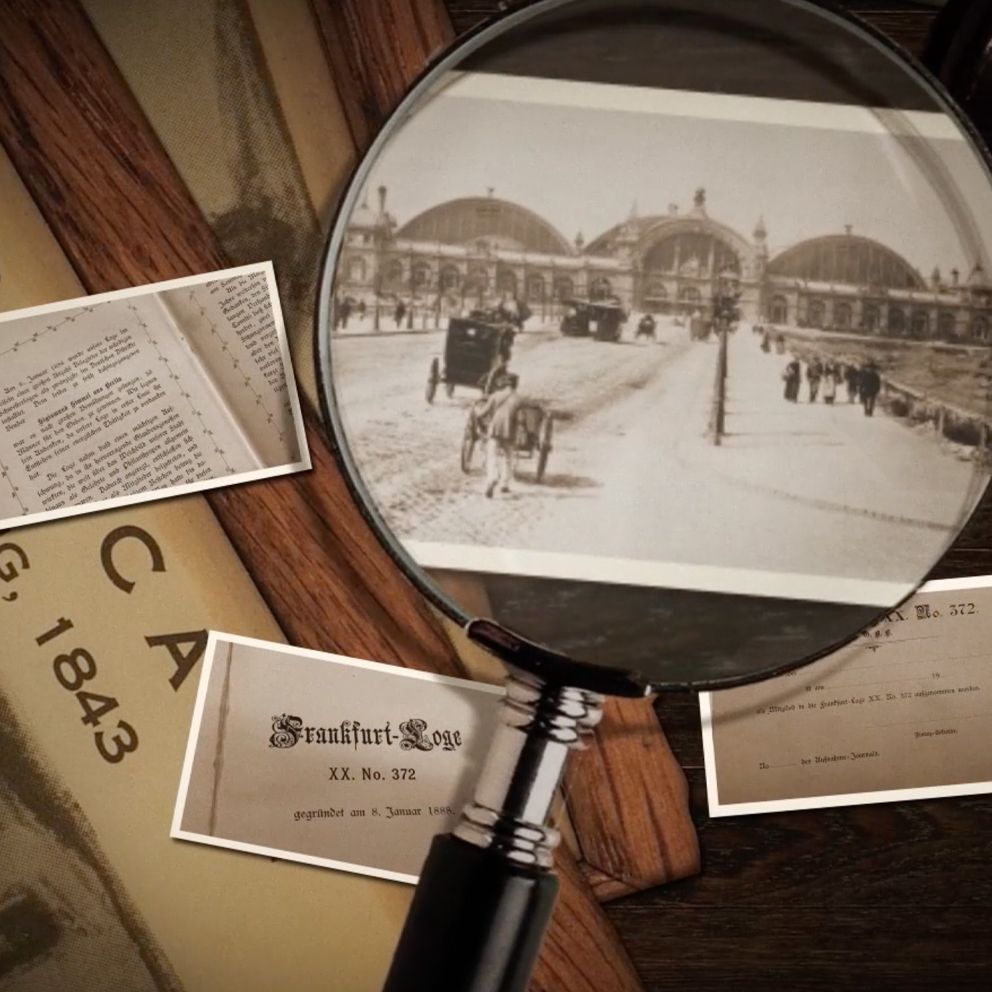
A film by the award-winning filmmaker and director Isabel Gathof
The movie
The history of the B'nai B'rith lodges in Frankfurt am Main as a documentary short film by FEINSHMEKER FILM. The film tells the story of the origins of the Jewish B'nai B'rith Order and the Jewish B'nai Brith lodges in Frankfurt from the end of the 19th century to the present day.

Jewish lodges in the State of Hessen
The podcast
The podcast tells the story of the founding of the Jewish “B'nai B'rith” order in the 19th century - the aims, tasks and values of the Jewish lodges as meeting places for Jewish communities and the biographies and fates of their members.
Unfortunately, the podcast is only available in German.
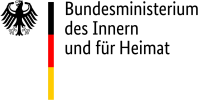
The scientific work, the book and the exhibition are funded by the Federal Ministry of the Interior and Homeland. We are grateful for this support.


